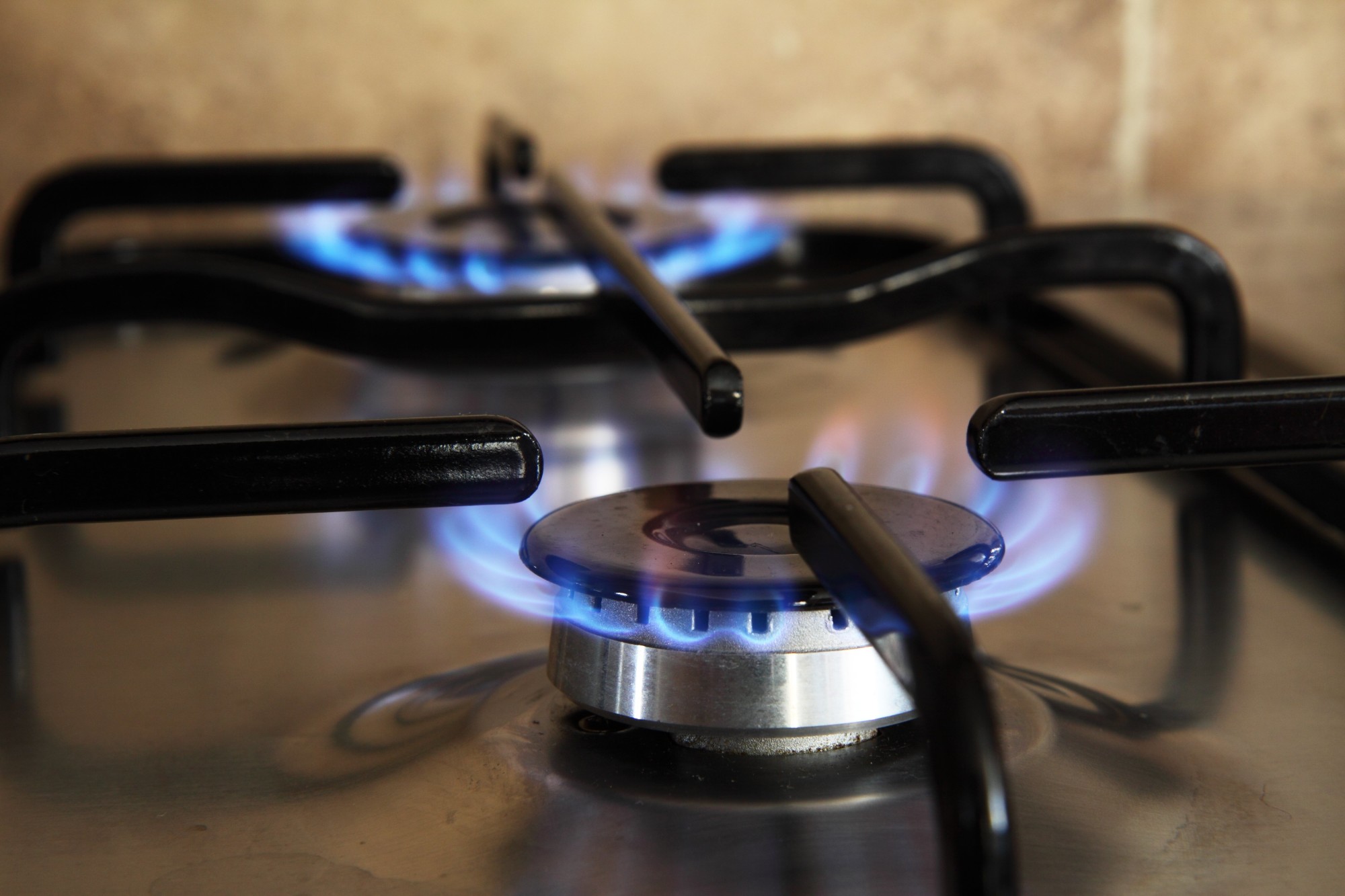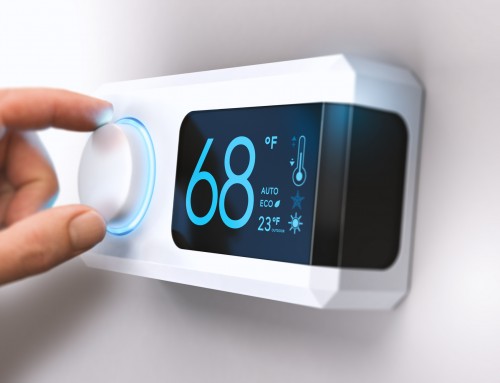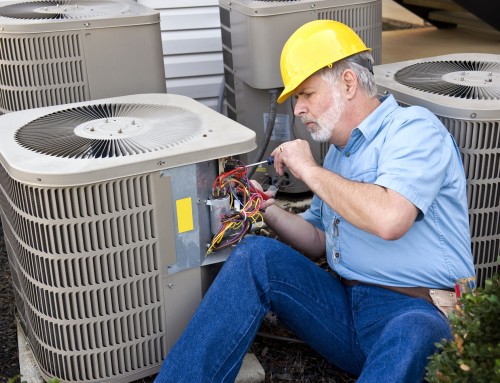Thirty-seven minutes a day is the average time Americans spend in the kitchen preparing meals. Of course, some people spend no time at all while others spend much more.
But 37 minutes per day is 217 hours per year! So if you’re looking for a new stove or oven, you want one that’ll get the job done well.
Are you looking for a new stove?
Read on for everything you need to know about the difference between an electric and gas stove.
Gas Stove Details
The upfront cost for an in-home gas stove is higher than electric. A gas stove runs between $500-$3,500. But it’s possible to pay over $10,000 if you buy a high-end brand.
A gas stove doesn’t use as much energy, so your operating costs are lower — under $20 per year. And there are two types of gas you can use: natural gas or propane. If you go with a propane stove, you’ll need to know about propane tank sizes.
Propane and natural gas are “green” fuels, as stated in the Clean Air Act of 1990.
Gas burners light instantly and heat food fast. The burners cool faster than electric burners, making them less of a burn risk right after using.
Natural gas stoves can only be installed if there’s a gas line. But you can install a propane stove almost anywhere.
Most gas stoves work during a power outage.
A gas stove also offers better heat control. If there’s too much heat, turn the burner down. The response is instant.
Gas stoves are safe but there is a tiny risk of potential gas leaks and fire.
Electric Stove Details
Electric stoves run from about $700-$1,500, and operating costs are about $45 per year.
The burners take longer to warm up than gas stoves but they heat a large pot of water faster. In general, though, cooking takes longer on an electric stove.
Electric burners aren’t as responsive to temperature adjustments. When you turn an electric burner down, it takes a few minutes for the burner to cool.
Electric stoves offer more stability in the cooktop. They’re flatter, so an amateur or young cook is less likely to knock a pan off the burner. Only flat-bottomed pans work on an electric stove.
Do you live in a place with frequent power outages? An electric stove won’t work if the power’s out.
A Gas Stove or an Electric Stove?
Whether you cook on a gas stove or an electric stove, it’s about personal preference.
There’s no definite winner when it comes to the gas vs. electric debate. Each type of stove has its proponents and detractors.
Most chefs prefer a gas stove because of its quick response time when making temperature adjustments. You can also use any type of pan on a gas stove. An open flame also allows for a little more creativity with cooking methods.
But if you’re not a professional chef, go with whatever type of stove fits your lifestyle best!
Speaking of lifestyle…
Looking for more lifestyle articles? Find more in the “lifestyle” section of our blog.











